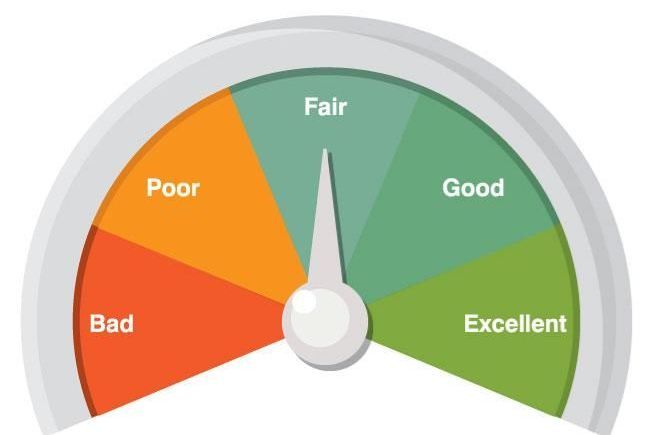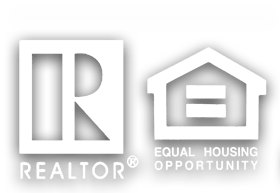
Understanding Preliminary Reports

After months of searching, you’ve finally found it -- your perfect dream home. But is it perfect?

Will you be purchasing more than just a beautiful home? Will you also be acquiring liens placed on the property by prior owners? Have documents been recorded that will restrict your use of the property?
The preliminary report will provide you with the opportunity, prior to purchase, to review matters affecting your property which will be excluded from coverage under your title insurance policy unless removed or eliminated before your purchase.
To help you better understand this often bewildering subject, the Land Title Association has answered some of the questions most commonly asked about preliminary reports.
What is a Preliminary Report?
A preliminary report is a report prepared prior to issuing a policy of title insurance that shows the ownership of a specific parcel of land, together with the liens and encumbrances thereon which will not be covered under a subsequent title insurance policy.
What role does a Preliminary Report play in the real estate process?
A preliminary report contains the conditions under which the title company will issue a particular type of title insurance policy.
The preliminary report lists, in advance of purchase, title defects, liens and encumbrances which would be excluded from coverage if the requested title insurance policy were to be issued as of the date of the preliminary report. The report may then be reviewed and discussed by the parties to a real estate transaction and their agents.
Thus, a preliminary report provides the opportunity to seek the removal of items referenced in the report which are objectionable to the buyer prior to purchase.
When and how is the Preliminary Report produced?
Shortly after escrow is opened, an order will be placed with the title company which will then begin the process involved in producing the report.
This process calls for the assembly and review of certain recorded matters relative to both the property and the parties to the transaction. Examples of recorded matters include a deed of trust recorded against the property or a lien recorded against the buyer or seller for an unpaid court award or unpaid taxes.
These recorded matters are listed numerically as “exceptions” in the preliminary report. They will remain exceptions from title insurance coverage unless eliminated or released prior to the transfer of title.
What should I look for when reading my Preliminary Report?
You will be interested, primarily, in the extent of your ownership rights. This means you will want to review the ownership interest in the property you will be buying as well as any claims, restrictions or interests of other people involving the property.
The report will note in a statement of vesting the degree, quantity, nature and extent of the owner’s interest in the real property. The most common form of interest is “fee simple” or “fee” which is the highest type of interest an owner can have in land.
Liens, restrictions and interests of others which are being excluded from coverage will be listed numerically as exceptions in the preliminary report. These may be claims by creditors who have liens or liens for payment of taxes or assessments. There may also be recorded restrictions which have been placed in a prior deed or contained in what are termed CC&Rs- covenants, conditions and restrictions. Finally, interests of third parties are not uncommon and may include easements given by a prior owner which limit your use of the property. When you buy property you may not wish to have these claims or restrictions on your property. Instead, you may want to clear the unwanted items prior to purchase.
In addition to the limitations noted above, a printed list of standard exceptions and exclusions listing items not covered by your title insurance policy may be attached as an exhibit item to your report. Unlike the numbered exclusions, which are specific to the property you are buying, these are standard exceptions and exclusions appearing in title insurance policies. The review of this section is important, as it sets forth matters which will not be covered under your title insurance policy, but which you may wish to investigate, such as governmental laws or regulations governing building and zoning.
Will the Preliminary Report disclose the complete condition of the title to a property?
No. It is important to note that the preliminary report is not a written representation as to the condition of title and may not list all liens, defects, and encumbrances affecting title to the land, but merely report the current ownership and matters that the title company will exclude from coverage if a title insurance policy should later be issued.
Is a Preliminary Report the same thing as title insurance?
Definitely not.
A preliminary report is an offer to insure, it is not a report of a complete history of recorded documents relating to the property. A preliminary report is a statement of terms and conditions of the offer to issue a title insurance policy, not a representation as to the condition of title.
These distinctions are important for the following reasons: first, no contract or liability exists until the title insurance policy is issued; second, the title insurance policy is issued to a particular insured person and others cannot claim the benefit of the policy.
Can I be protected against title risks prior to the close of the real estate transaction?
Yes, you can. Title companies can protect your interest through the issuance of “binders” and “commitments”.
A binder is an agreement to issue insurance giving temporary coverage until such time as a formal policy is issued. A commitment is a title insurer’s contractual obligation to insure title to real property once its stated requirements have been met.
Discuss with your title insurer the best means to protect your interests.
How do I go about clearing unwanted liens and encumbrances?
You will wish to carefully review the preliminary report. Should the title to the property be clouded, you and your agents will work with the seller and the seller’s agents to clear the unwanted liens and encumbrances prior to taking title.
Who can I turn to for further information regarding Preliminary Reports?
Your real estate agent and your attorney, should you choose to use one, will help explain the preliminary report to you. Your escrow and title company can also be helpful sources.
Conclusion
In a business which is directed at risk elimination, the efforts leading to the production of the preliminary report, which is designed to facilitate the issuance of a policy of title insurance, is perhaps the most important function undertaken.


Copyright 2024 | Carol Watson - All Rights Reserved | Privacy Policy | DMCA Notice | Accessibility Statement | Site Design









